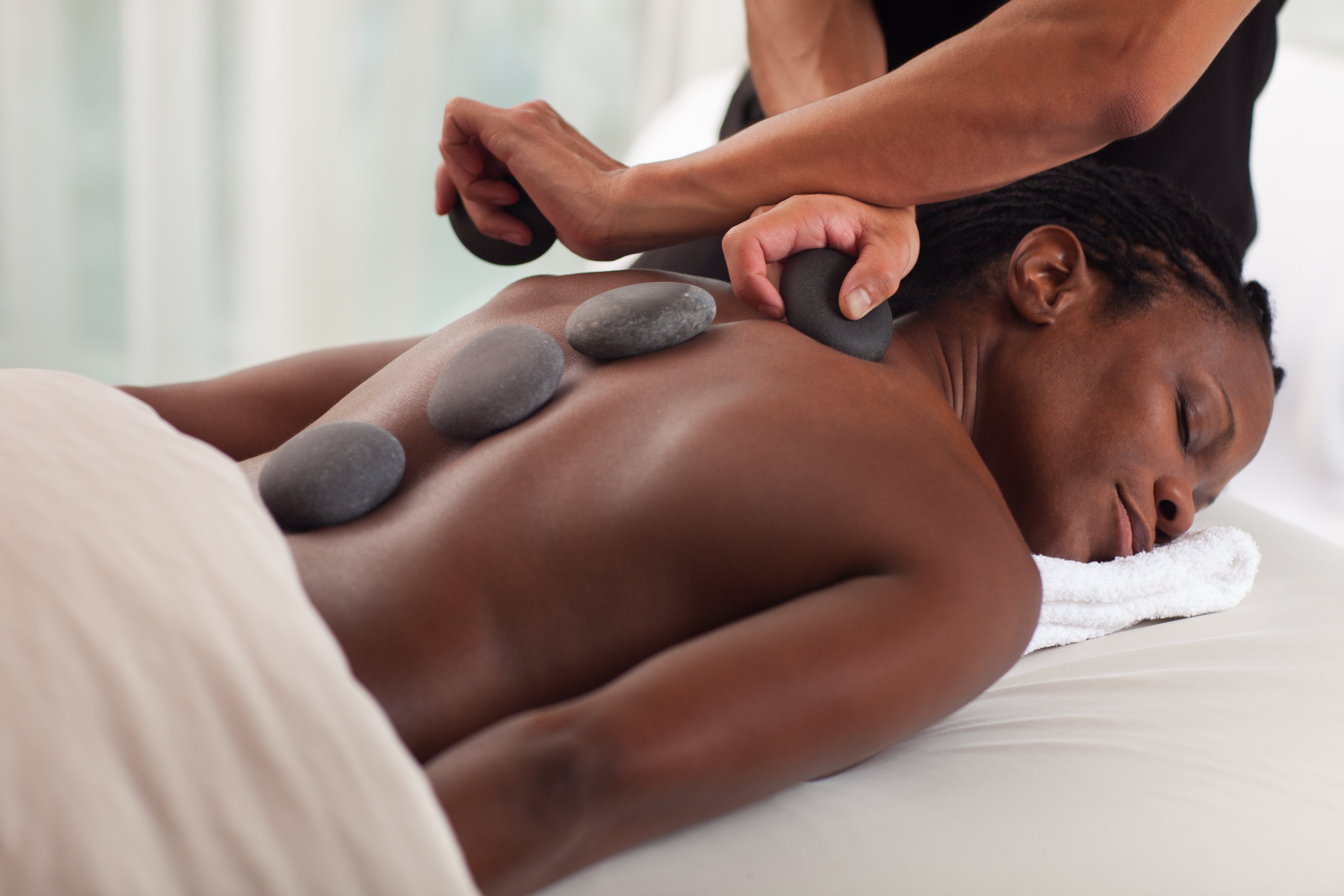
Reflexology is an old healing method that has been made use of for countless years to promote leisure, boost blood circulation, and sustain the body’s natural recovery procedures. This holistic treatment is based upon the concept that specific points on the hands, ears, and feet represent various organs and systems within the body. By applying stress to these factors, reflexologists aim to promote the body’s very own healing devices and restore equilibrium.
The History and Origins While the specific origins of reflexology are vague, evidence suggests that similar methods were used in ancient Egypt, China, and Native American cultures. Modern reflexology was created in the early 20th century by Dr. William Fitzgerald, who introduced the concept of “zone therapy.” This was later on fine-tuned by Eunice Ingham, that mapped out the reflexology factors on the feet that are still used today.
Exactly How Does Reflexology Work? Reflexology is based upon the concept that the body is divided into 10 vertical areas, each matching to various components of the body. 秋葉原 think that by applying stress to specific points within these zones, they can influence the matching body organs or systems. While clinical proof for its performance is blended, lots of people report advantages such as reduced anxiety, boosted rest, and remedy for different health and wellness conditions.
The Benefits of Reflexology Proponents of reflexology claim a vast array of advantages, consisting of:
Anxiety reduction and relaxation Improved blood circulation Pain relief Enhanced immune feature Better rest high quality Increased energy levels Support for digestive system problems What to Expect During a Reflexology Session A regular reflexology session lasts in between 30 to 60 mins. The reflexologist will certainly use their hands to use pressure to details factors on your hands, ears, or feet. The pressure needs to be not excruciating yet solid.
Is Reflexology Right for You? Reflexology is usually considered risk-free for most individuals and can be a corresponding therapy together with standard medical therapies. Nevertheless, it’s vital to speak with your healthcare provider before attempting reflexology, particularly if you have certain health conditions or are expecting. While reflexology ought to not be utilized as an alternative for essential medical treatment, it can be an important tool for advertising total health and handling tension.
Final thought Reflexology provides a special strategy to wellness and wellness, focusing on the interconnectedness of the body’s systems. Whether you’re seeking relief from particular symptoms or simply looking for a method to kick back and de-stress, reflexology might be worth discovering.
The History and Origins While the precise origins of reflexology are uncertain, proof recommends that comparable practices were made use of in ancient Egypt, China, and Native American societies. Reflexology is based on the idea that the body is split right into 10 upright zones, each matching to various parts of the body. Stress decrease and leisure Improved blood circulation Pain alleviation Enhanced immune feature Better rest quality Increased power levels Support for gastrointestinal issues What to Expect During a Reflexology Session A regular reflexology session lasts in between 30 to 60 mins. Conclusion Reflexology supplies an one-of-a-kind method to wellness and wellness, concentrating on the interconnectedness of the body’s systems.